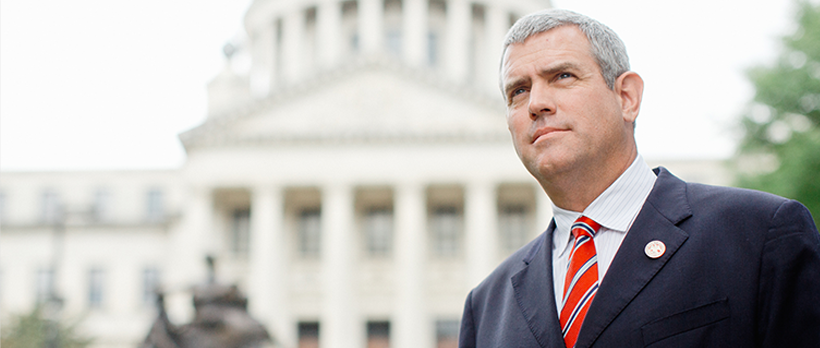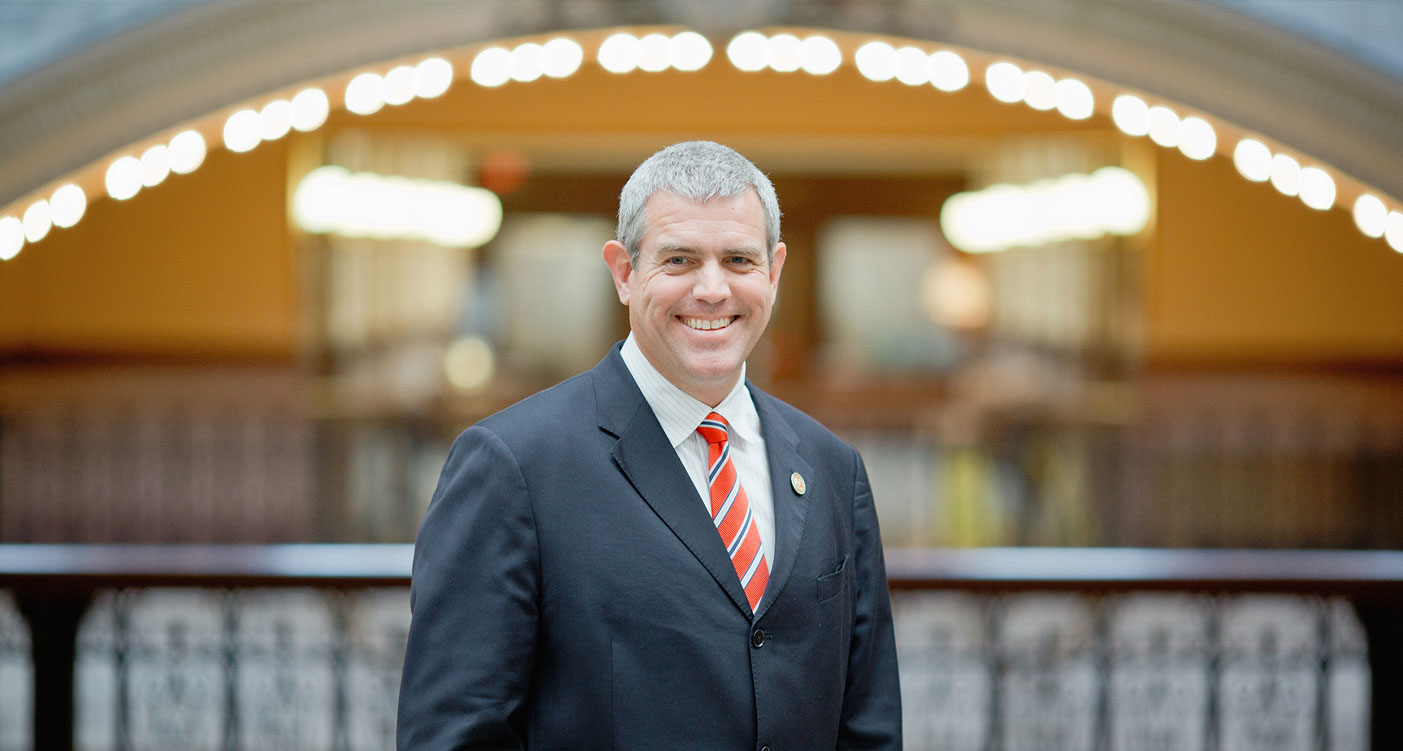

Essential Points of Small Business Relief
- Two tracks, a direct payment track and an application-based track
- Statement of legislative intent applicable to both direct payment and application tracks. The legislation includes a statement that its purpose is to provide economic support to eligible Mississippi businesses for costs incurred in connection with COVID-19, including business interruption caused by forced closures or restricted operations resulting from voluntary closures instituted to promote social distancing measures, decreased customer demand, cleaning or disinfection, and provision of personal protective equipment. Eligible expenses shall not include any damage covered by business interruption insurance or disallowed by CARES Act section 5001 or any guidance or regulation issued by the United States Treasury Department in conformity therewith.
- The statement of legislative intent further provides that in order to expedite payment to businesses in need of economic support due to required or voluntary closures, while minimizing administrative costs and delays, a direct payment of $2,000.00 per business is a necessary expense to compensate eligible taxpayers for COVID-related losses under the direct payment track. The statement of legislative intent further provides that an application process is warranted for the provision of additional compensation, whereby eligible businesses not wishing to itemize their eligible expenses may receive, subject to approval, a base payment of $1,500.00 plus $500.00 per full-time equivalent employee as a reasonable estimate of their costs incurred.
- Recipients of direct payments may also apply for relief under the application trackDirect payment track grants ($60,000,000 total allocated)
- The following categories of small business taxpayers having 50 or fewer full-time equivalent employees that were registered with DOR before March 1, 2020, had an Employer Identification Number or a SSN before March 1, 2020, and/or had an active DOR withholding account established before March 1, 2020, that were shut down or had their operations restricted via executive or municipal order will receive a $2,000 direct payment:
- Restaurants
- Personal Care – Salons and Barbers
- Amusement and Recreation
- Schools and Instruction – Dance and Gym
- Performing Arts Companies – Dance Companies
- Spectator Sports
- Amusement Parks and Arcades
- Motion Pictures and Video Industries
- Furniture Stores
- Home Furnishings
- Clothing Stores
- Shoe Stores
- Jewelry, Luggage, & Leather Good
- Sporting Goods, Hobby and Music Instrument
- Book Stores and News Dealers
- Florists
- Office Supplies and Gift Stores
- Used Merchandise Stores
- Other Miscellaneous Retail Stores
- Childcare Businesses (other than home-based childcare)
- Application track grants ($240,000,000 allocated)
- Mississippi businesses in good standing with 50 or fewer full-time equivalent employees that suffered a business interruption due to COVID-19 will be eligible to apply for a grant up to $25,000.00.
- The grant program will be administered by MDA, which may retain up to $900,000 of the grant funds for costs of administration.
- To be eligible, business must have filed a tax return in 2018 or 2019, or for a business formed between Jan. 1, 2020 and before Mar. 1, 2020, intends to file taxes for tax year 2020.
- The amount of the grant will be a base amount of $1,500 plus the greater of 1) $500 per full time equivalent employee or 2) the amount of itemized “eligible expenses” the applicant demonstrates in the sworn application. The grant cannot exceed $25,000.
- “Eligible expenses” that may be itemized under the application track are defined as cost, not reimbursed from another source, incurred by an eligible business for public health measures or due to interruption of business. Eligible expenses due to interruption of business may consist only of mortgage interest, rent, payroll and utilities, or other COVID-19-related expenses allowed by law, each for no more than a two-month period. Eligible expenses shall not include lost profits. No cost will be considered an eligible expense if found to be ineligible under the guidelines, guidance, rules, regulations and/or other criteria, as may be amended from time to time, of the United States Department of the Treasury regarding the use of monies from the Coronavirus Relief Fund established by the CARES Act.
- Up to 50% of the grant will be reduced by the amount of any federal Paycheck Protection Program (PPP) funds, Economic Injury Disaster Loan (EIDL) funds and business interruption insurance proceeds received by the grant recipient. For example, if the grant is $10,000 and the recipient previously got $10,000 in PPP, $5,000 would be offset leaving a grant of $5,000.
- $40,000,000 of the grants will be made available to minority-owned businesses.
- For the first 21 days of the application process, applications will only be taken for applicants that have not received PPP or EIDL funds or any federal funds reimbursing COVID-19-related business expenses. Thereafter any eligible business may apply.
- All grant monies shall be disbursed in compliance with federal CARES Act Coronavirus Relief Fund (CRF) guidelines and related federal Treasury Department guidance.
- Use of the grants shall be subject to audit and uses found to be non-compliant shall be returned to the state.
- If there are any unobligated grant monies in the fund that are not dispersed by November 1, 2020, the Governor shall have discretion to transfer the monies to another state agency to be used for CRF-eligible expenses.
- Grants shall not be subject to the claims of creditors.
- Other provisions
- Funds received under the PPP program shall not be subject to state income tax; however, eligible expenses for which PPP funds were received may not be taken as tax deductions.




